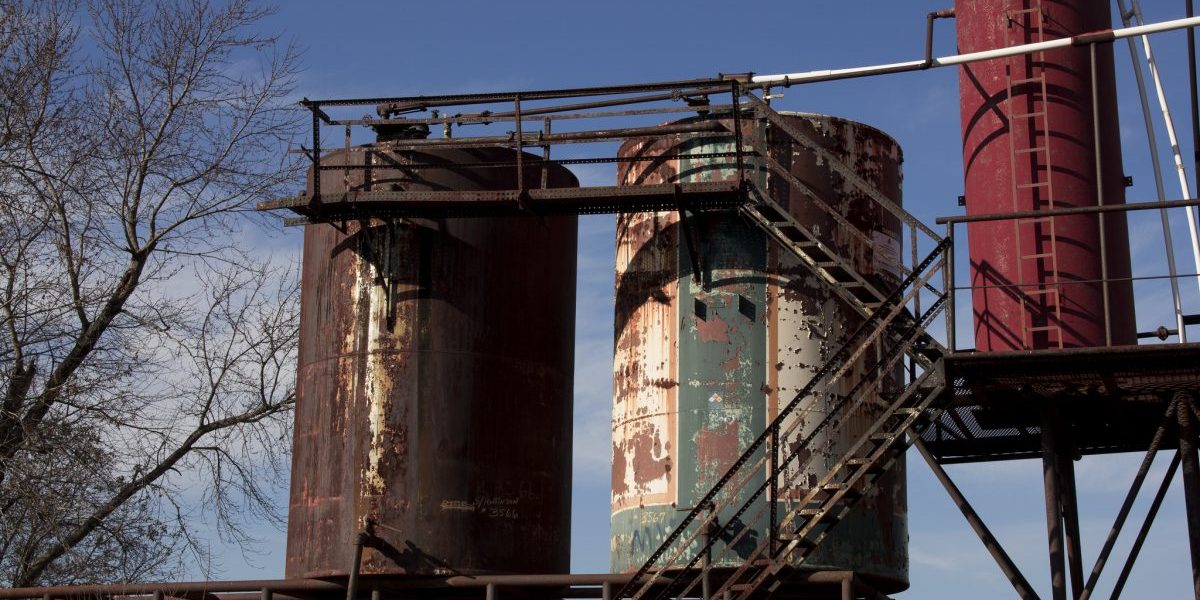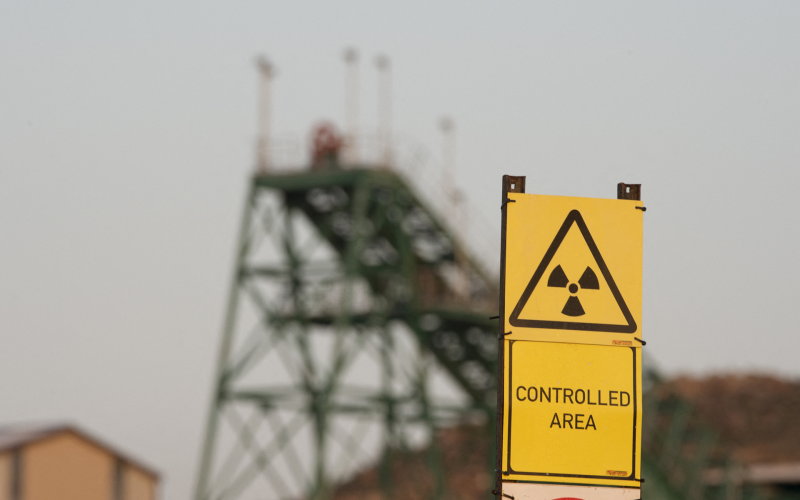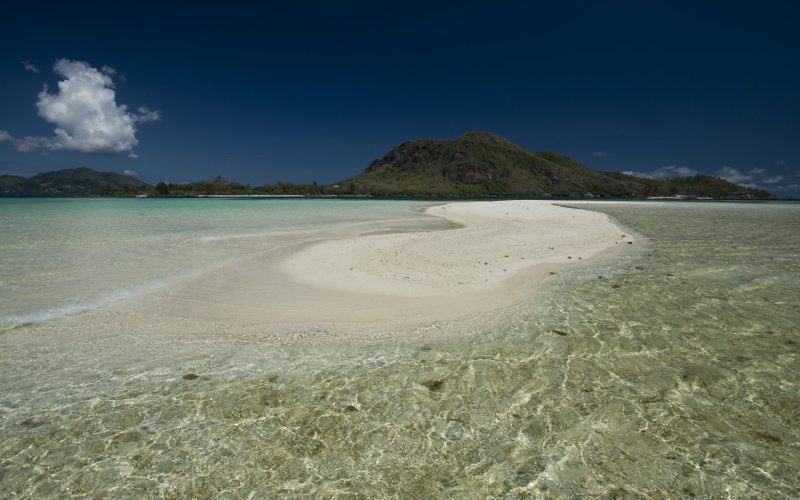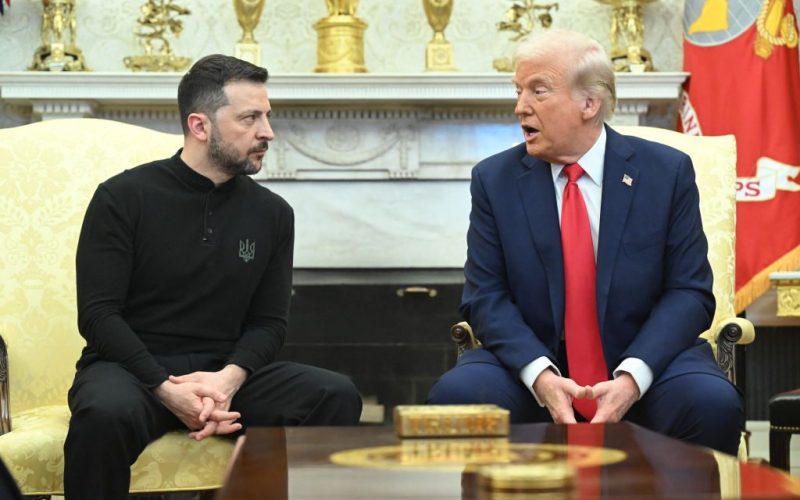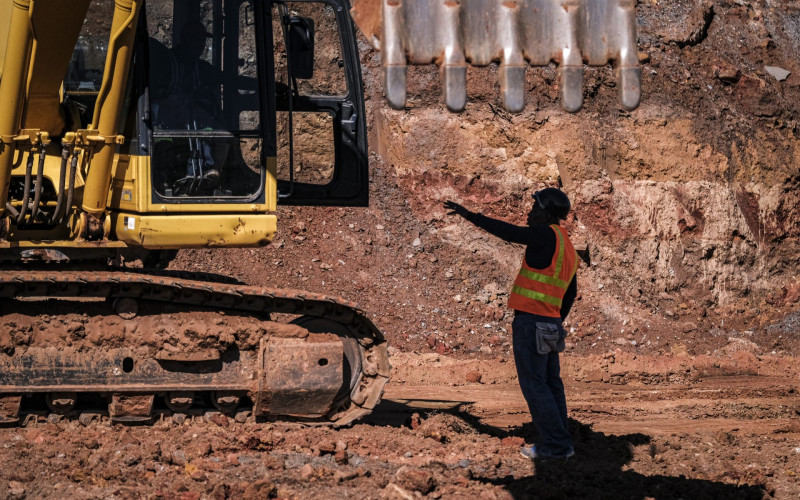Indeed, the story of oil is a defining narrative of the 20th century. The struggle to control oil supplies can be found in conflicts ranging from the Russian revolution to the invasions of Kuwait and Iraq and from the Iranian revolution to the political conflicts besetting Russian oligarchs. What is less well documented, however, is the relationship between oil extraction and conflict in Africa.
Dr Duncan Clarke, a Rhodesian-born analyst and corporate advisor, is an acknowledged global expert on the oil industry, having published four other authorative books on the subject. This tome of 674 pages represents Clarke’s own ‘Everest’. His justification for writing a book of this magnitude was ‘simply’ that nobody has done it satisfactorily before. This is not a light sweet book that barrels along, yet nor is it a heavy book reserved for specialists, or technicists. Rather, Clarke patiently embarks on process of literary fractional distillation as he separates out case after case, argument after argument in arriving at a comprehensive and definitive story of oil in Africa.
Clarke’s knowledge of the oil industry and in particular that in and around the African continent, is nothing short of encyclopaedic. Yet, more than just an oil industry analyst, the author is deeply reflective about the often toxic relationship between the exploitation of oil on the continent, the companies operating in Africa and venal, weak governance and patterns of underdevelopment.
Clarke confronts this paradox of plenty in Africa by contending that there is nothing intrinsic to either the exploitation of oil, or the operations of oil corporations, that pre-disposes oil-rich African countries to fall victim to the resources curse. Rather, it is at the door of Africa’s historical, political, social and economic formations that Clarke identifies the key conundrum. To wit, unlike mining and minerals in Africa, no African country has built a successful, modern economy, on its oil endowment. To the contrary, oil abundance is strongly correlated with underdevelopment, corruption and authoritarian regimes in Africa. For example, Nigeria has generated oil revenues far in excess of US$350 billion since independence, yet finds itself at the same levels of human development as at independence. Moreover, perversely, Nigeria is an importer of refined petroleum.
Clarke evinces an uncomfortable paradox in his writing of Africa. He is at once scathing of its kleptocratic politicians and rent-seeking elites, yet intrigued and beguiled by its people, cultures, history and potential. He would eschew the epithet Afropessimist, and proclaims hopeful optimism, yet the case studies presented, the evidence marshalled and indeed his own analysis and conclusions drawn in Crude Continent tend to belie this.
The greatest analytical insight and strength of the book, however, is to treat the continent as a complex and textured weave of economies, modes of production and to use an economically antediluvian term, ‘stages of development’. For Clarke, Africa is where the modern not only meets the medieval, but in fact the two constantly operate side-by-side. The principle dramatis personae in this African tragedy is the international and increasingly indigenous oil industry (the modern), conducting its business in difficult and even hostile medieval African terrain.
The author is sceptical to the point of dismissiveness, about the attempts by donors and programmes to import, persuade, cajole or incentivise African leaders and governments to adopt good governance practices, norms and models. Clarke implies that good governance is not an assembly line product that can be established and transplanted in any given economy with a minimum level of infrastructure and training. Rather, good governance has to be nurtured, cultivated and embraced within local contexts and account for local culture, history and tradition.
Not surprisingly too, Clark is somewhat ambivalent about the role of NGOs and activists who demand laboratory-like levels of transparency in and between the oil industry and African countries in the awarding of blocks and signature bonuses. This is just the way it is and the only way such practices will change is if there is agreement by government to do so.
There is, however, the genuine prospect of Africa benefiting from its natural resource endowment. Despite the recent fall in commodity prices, including most spectacularly that of crude oil from its all time high of US$147 in July to just under $US60 at the time of writing, some analysts contend that we are in the midst of a commodities super cycle. This super cycle could extend for the next twenty or so years, driven by the breathtaking growth in the Chinese and Indian economies in particular, hotly pursued by Brazil and Russia. Indeed the scale of the opportunity for Africa is highlighted by the Organisation for Economic Co-operation and Development’s (OECDs) estimate that from 2001 to 2030 investment in oil and gas in Africa is forecast to be some US$1.25 trillion, thus outstripping expected investment in the Middle East and Russia.
Yet a paradox persists as a nagging thread throughout the book. Clarke terms oil a “locomotive that can drag Africa up the slope”. Moreover, “the industry holds out promise to take the continent to new destinations in its economic future”, yet in 40 years of analysis finds no evidence that oil exploitation has made a significant positive impact on African economies. It is at this point that Clarke suffers from a degree of professional and analytical myopia, as fabulously wealthy and powerful oil corporations come in for relatively little scrutiny regarding their own contribution to Africa’s malady, nor indeed what they can and should be doing to tackle this pathology. Thus, the question that remains unanswered at the conclusion of Clarke’s tour de force is, will the pursuit of the devil’s excrement lead to continued perdition, or will the prudent management of Africa’s black gold serve as the economic well-spring from which flows a new economic renaissance on the continent?
This is a brave and bold book. Brave in its scope and bold in style and the odyssey is compelling reading.

